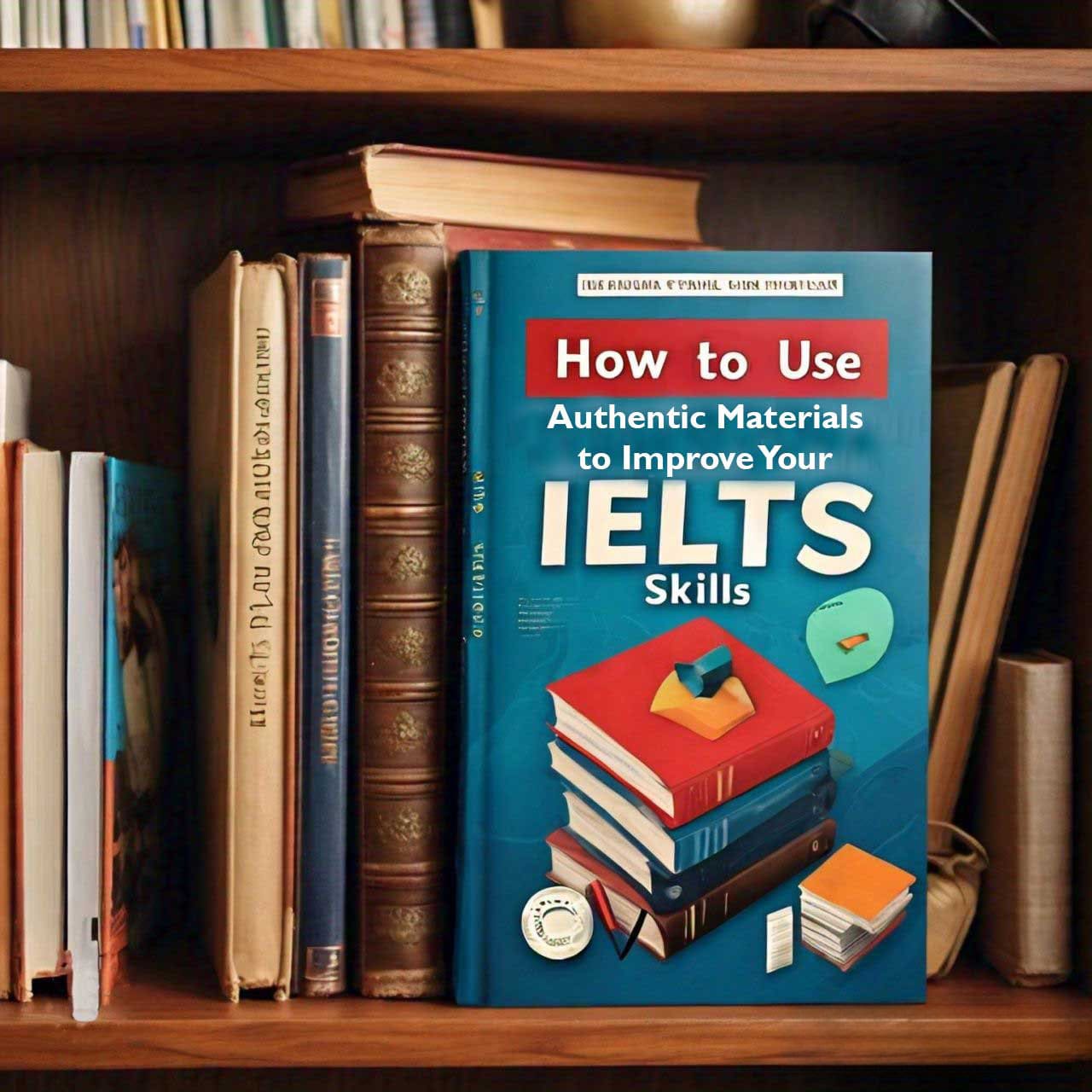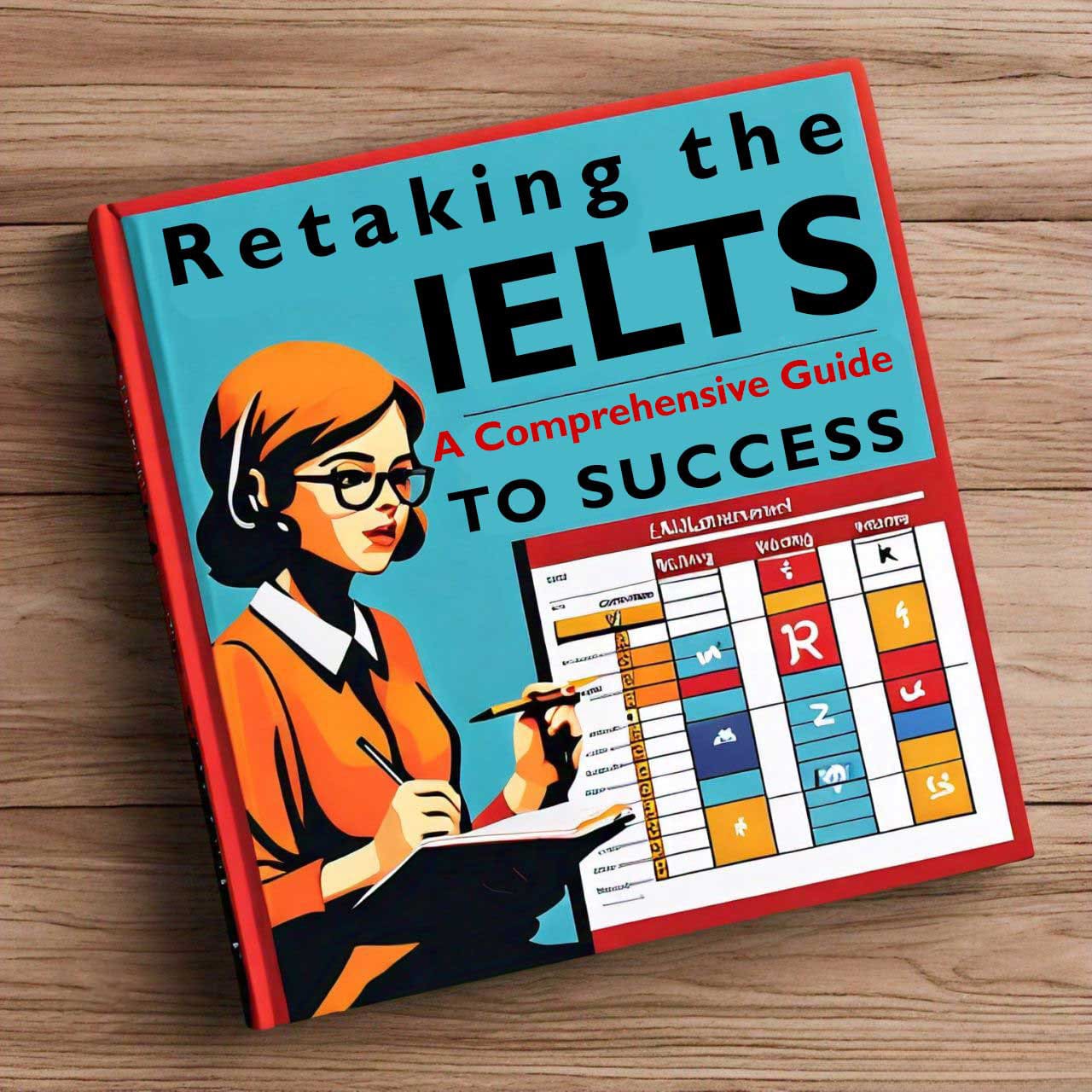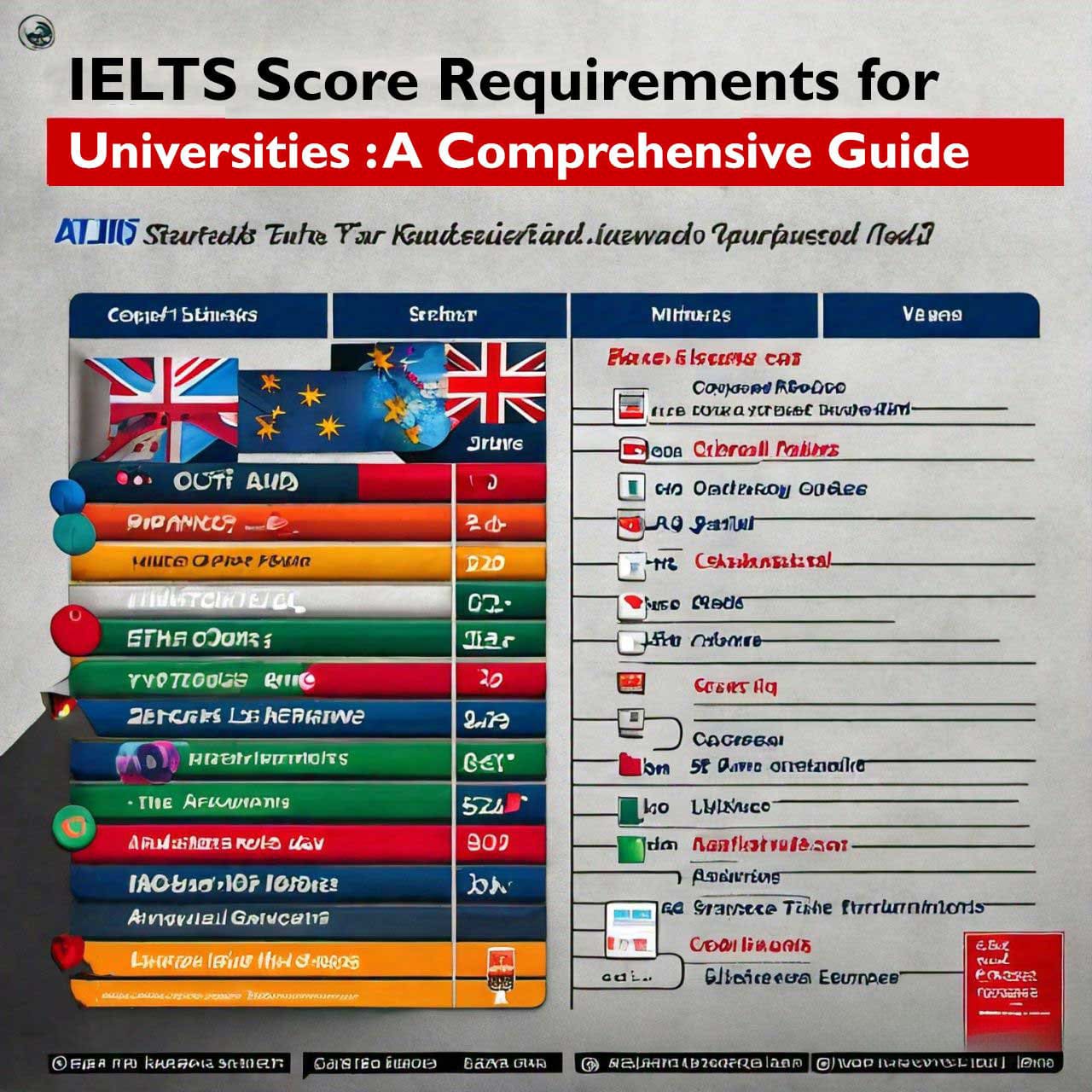Introduction
Preparing for the IELTS exam can feel overwhelming, especially if you don’t know where to start. While traditional resources like grammar books and mock tests are helpful, incorporating real-life materials into your IELTS preparation can take your skills to the next level. These materials help you engage with English in practical, everyday contexts, making your preparation not only more effective but also more enjoyable.
In this blog post, we’ll explore how to use real-life materials like newspapers, podcasts, and movies to boost your IELTS preparation and improve your performance in all four sections: Listening, Reading, Writing, and Speaking.
Table of Contents
Why Use Real-Life Materials for IELTS Preparation?
Real-life materials are authentic resources that expose you to English as it’s used in everyday situations. Unlike exam-focused materials, they provide context and variety, helping you develop a natural understanding of the language.
Key Benefits:
- Improves Practical Understanding: You’ll learn how native speakers communicate in different scenarios.
- Enhances Vocabulary: Encountering new words in context improves your retention and usage.
- Boosts Confidence: Familiarity with real-world English reduces exam anxiety.

1. Use News Articles for Reading Practice
News articles are an excellent resource for the Reading section of the IELTS exam. They cover diverse topics, similar to the passages you’ll encounter during the test.
How to Use:
- Read articles from reputable sources like BBC News, The Guardian, or CNN.
- Focus on identifying the main ideas and supporting details.
- Practice skimming and scanning to locate specific information quickly.
Example Activity: Choose a news article and create a list of 5-10 questions. Try answering them in under 10 minutes to simulate exam conditions.
2. Listen to Podcasts for Listening Practice
Podcasts are a fantastic way to enhance your listening skills and get used to different accents, such as British, American, and Australian.
How to Use:
- Listen to educational or conversational podcasts like The English We Speak or TED Talks Daily.
- Note down unfamiliar words and phrases. Look them up and practice using them in sentences.
- Practice summarizing the podcast in your own words to improve comprehension.
Pro Tip: Adjust the playback speed if you find the pace too fast, then gradually increase it as your skills improve.
3. Watch Movies and TV Shows for Speaking and Listening
Watching English-language movies and TV shows helps you pick up idiomatic expressions, pronunciation, and conversational flow.
How to Use:
- Choose shows with subtitles and start by reading along. Gradually transition to watching without subtitles.
- Pause and repeat phrases to practice pronunciation.
- Analyze dialogues to understand the tone, formality, and context.
Example Activity: Watch a movie scene, pause, and try mimicking the dialogue. This will help you improve your fluency and accent for the Speaking test.
4. Use Real-Life Materials for Writing Practice
One of the best ways to enhance your writing skills is to analyze real-world documents, such as blogs, reviews, or opinion pieces.
How to Use:
- Study blogs or opinion articles on platforms like Medium or The New York Times Opinion.
- Note how ideas are introduced, supported, and concluded.
- Practice writing summaries or essays based on these materials.
Example Activity: After reading an opinion article, write a response in 250 words, ensuring your writing has an introduction, body, and conclusion.
5. Engage in Real Conversations for Speaking Practice
Nothing beats real-world interaction for improving your speaking skills. Engaging in conversations allows you to practice pronunciation, fluency, and coherence.
How to Use:
- Join language exchange platforms like Tandem or HelloTalk.
- Practice answering common IELTS Speaking questions with a study partner or tutor.
- Record yourself speaking and review it to identify areas for improvement.
Example Activity: Pretend you’re responding to an IELTS Speaking question. Record your answer, then analyze it for grammar, vocabulary, and fluency.
6. Explore Everyday Reading Materials
Everyday materials like brochures, menus, or advertisements are great for developing reading and comprehension skills. These materials often appear in the IELTS General Training Reading section.
How to Use:
- Collect materials like travel guides, restaurant menus, or product brochures.
- Practice identifying key information, such as prices, instructions, or features.
- Write summaries or answers to specific questions based on the materials.
Pro Tip: Visit websites like TripAdvisor for authentic travel reviews and brochures.
Bonus Tips for Using Real-Life Materials
Combine Real-Life Materials with Traditional IELTS Resources
While real-life materials are invaluable, don’t completely replace traditional resources. Use them in tandem with practice tests and grammar exercises to ensure a balanced preparation strategy.
Create a Schedule
Dedicate specific days to different materials. For example:
- Monday: News articles for reading.
- Wednesday: Podcasts for listening.
- Friday: TV shows for speaking and vocabulary.
External Resources for IELTS Preparation
Here are some additional resources to complement your preparation:
- IELTS Official Website
- IELTS Liz: Free Preparation Tips
- Cambridge English: IELTS Resources
- Further IELTS Topics from this Blog
Conclusion
Incorporating real-life materials into your IELTS preparation can make your learning process more effective and enjoyable. By using news articles, podcasts, movies, and real-world conversations, you’ll build practical language skills that go beyond the exam.
Start experimenting with these strategies today, and you’ll not only ace your IELTS test but also become a confident English communicator.
Have you tried using real-life materials for IELTS preparation? Share your experience in the comments below!



